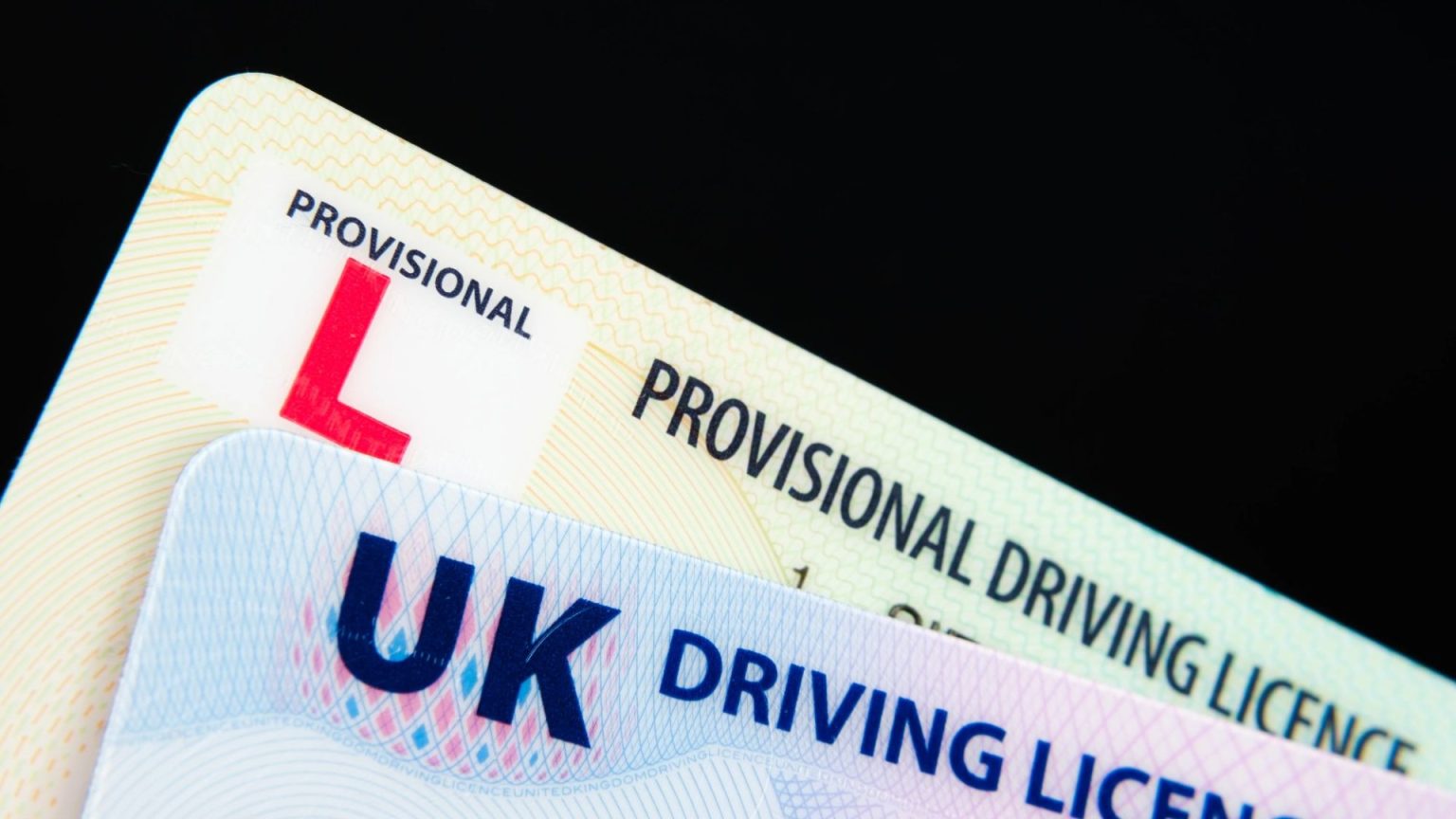The United Kingdom is poised to undergo a significant shift in how its citizens carry and utilize their driving licenses. Within months, the government plans to introduce a digital version of both provisional and full driving licenses, accessible through a dedicated Gov.uk app developed by the Department of Science and Technology. This initiative aims to modernize the process of identity verification, making everyday activities like purchasing age-restricted goods, voting, and domestic air travel more streamlined. While the physical photocard licenses will remain the primary form of identification and the digital version is voluntary, the move signals a significant step towards embracing digital identification technology. This shift echoes similar implementations in countries like Australia, Iceland, Denmark, and Norway, positioning the UK at the forefront of this technological advancement.
The digital driving license will reside within a secure wallet feature of the Gov.uk app, rather than being integrated with existing mobile wallets like Apple Wallet or Google Pay. This approach is designed to enhance security and control access. Developers are also considering incorporating privacy features, such as allowing users to selectively hide their address on the digital license. Beyond simply replicating the physical license, the app has the potential to revolutionize how citizens interact with various services. Developers are exploring integration with supermarket checkout systems to facilitate age verification for alcohol purchases, thus eliminating the need for manual staff intervention. Furthermore, the app is envisioned as a platform for other governmental services, including tax payments, employment verification, and benefit claims. Its functionality for domestic air travel within the UK will also eliminate the need for physical passports or driving licenses.
The introduction of the digital driving license aims to provide a more convenient and efficient way for citizens to prove their identity and age. With approximately 50 million driving license holders in the UK, this transition represents a considerable undertaking. The digital license is intended as a supplementary option, not a replacement for the physical card, which has been a staple of British life for over a century. While the move towards digitalization brings numerous benefits, certain challenges remain. Acceptance of the digital license for car rentals and other purposes abroad may take time, though the EU is actively promoting the adoption of digital identification across its member states. Concerns regarding privacy and potential misuse of digital IDs are also being addressed.
The government asserts that stringent security measures, comparable to those employed by banking apps, will be implemented to protect user data and prevent unauthorized access. However, the initiative has sparked debate, drawing comparisons to previous attempts to introduce national ID cards, which were ultimately abandoned due to privacy concerns and public resistance. Critics argue that while digital IDs can offer convenience, they also raise the specter of increased government surveillance and potential mandatory use, which could infringe on individual liberties. Privacy advocates stress the importance of maintaining the voluntary nature of digital identification and ensuring robust data protection safeguards.
The government’s current position emphasizes that the digital driving license will not be mandatory, aiming to allay fears of a compulsory national ID system. However, the long-term trajectory of this initiative remains to be seen, particularly within the context of ongoing debates surrounding immigration control and the need for robust identification systems. The potential for the Gov.uk app to expand its functionalities beyond driving licenses further fuels these discussions. As the UK navigates the transition to a more digitally driven society, striking a balance between convenience, security, and privacy will be crucial in ensuring the successful implementation of this transformative technology.
While the move towards digital driving licenses is largely welcomed for its potential to simplify various aspects of daily life, it also raises important considerations about the future of identity verification and the potential implications for individual privacy. The government’s commitment to maintaining the voluntary nature of digital IDs is a key factor in addressing these concerns. As the rollout of the Gov.uk app progresses, continued dialogue and scrutiny will be essential to ensure that this technology serves the best interests of citizens while safeguarding their fundamental rights.











